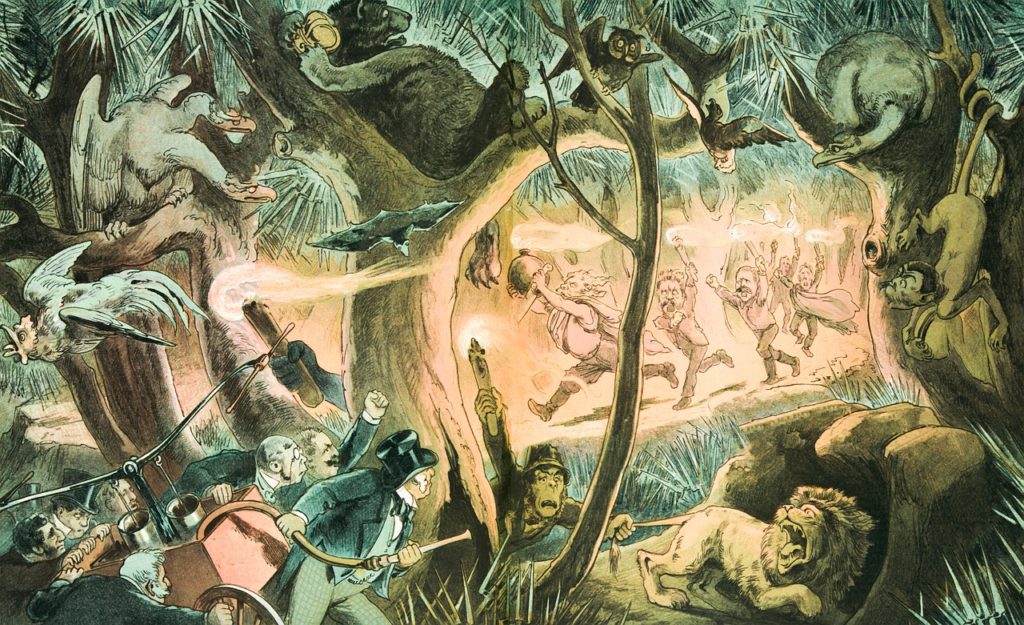“ Our youth love luxury, have bad manners, mock authority, and show no respect for the elderly. In our time, children are tyrants. ”
— Socrates
This brief reflection on the past shows us that the crisis of authority remains a highly subjective phenomenon. It must be studied in light of its contemporary manifestations.
In Qu’est-ce qu’un chef ? (What Is a Leader?), General de Villiers highlights the paradox of a crisis of authority accompanied by a strong demand for leadership.

How does this crisis of authority manifest, and how should we respond?
Authority should ultimately benefit those upon whom it is exercised. Without this, it will remain in perpetual crisis.
Authority: according to Hannah Arendt (1906–1975), authority is a form of power that requires neither persuasion nor coercion. Etymologically, it stems from “to augment.” Yet, it remains a form of domination.
The Crisis of Institutions Representing Authority
All the institutions that have traditionally represented authority no longer wield the power they once did.
The Church no longer exercises real authority over the behavior of the masses as it did before the late 19th century. Papal decrees no longer hold political influence.
Schools are a prime battleground for the contemporary crisis of authority. Some teachers struggle to maintain classroom discipline, and some even refuse to assert their authority. For instance, in 2018, a student in Créteil threatened his teacher with a weapon. Arendt noted that if authority is in crisis in education, it’s because “adults refuse to assume responsibility for the world into which they have placed children.” Moreover, the school’s failure to mitigate social inequalities has diminished its legitimacy.
This crisis is highly visible because it coincides with a crisis of power (distinct from authority) over physical bodies. Exercising control over bodies outside the economic realm is increasingly difficult. For example, the Universal National Service is controversial because it’s intended to be mandatory. Furthermore, discipline in schools is hard to enforce. The end of military service has removed the routine political control over bodies.
On closer analysis, however, this crisis of authority reveals itself as a crisis of legitimacy.
Crisis of Authority or Crisis of Legitimacy?
The crisis of authority is, in fact, a crisis of legitimacy.
Authority is grounded in legitimacy. In Economy and Society, Max Weber distinguishes three forms of legitimacy for authority:
- Traditional authority, based on sacred respect for customs and those who hold power by tradition;
- Legal-rational authority, grounded in the validity of laws established through legislative or bureaucratic means;
- Charismatic authority, which relies on the devotion of followers to a leader with exceptional qualities.
In reality, these three forms of legitimacy are often intertwined.
Traditional authority has largely evaporated. Arendt noted that authority disappeared from the modern world due to the rise of totalitarian regimes in the 20th century, which challenged all forms of traditional authority.
Legal-rational authority is insufficient. In Le fil de l’épée (The Edge of the Sword), de Gaulle noted that rank alone is not enough to command obedience; it must be coupled with charisma. Today, as Christophe Guilluy points out in French Fractures, the political sphere has been discredited in favor of consensual or technical solutions, which are ill-suited to challenge economic domination.
Knowledge as a source of authority is now questioned, due to its easy accessibility through ICT. Michel Serres addresses this in Thumbelina, noting that knowledge is no longer the sole prerogative of teachers or doctors. Thus, the sources of authority in schools need to be redefined with new value added by teachers.
Authority is indeed in crisis, but our societies can address it.
Read also Manufacturing Consent: The Press and Media According to Noam Chomsky.
How to Address the Crisis of Authority
While the crisis of authority is real, its consequences can be managed by placing humanity at the center of authority.
This involves aligning authority with human measures. According to General de Villiers in Qu’est ce qu’un chef ? (What Is a Leader?), at the heart of the crisis of authority is its dehumanization. We might question the role of leaders in the corporate sphere, their exemplarity, and their willingness to engage with subordinates. Indeed, their task is to maximize profitability, their workforce is easily replaceable, and they themselves are embedded in systems of domination and exploitation.
What Is Authority?
Authority is about uplifting others. Etymologically, “authority” comes from “to augment.” This is the condition sine qua non for the acceptance of authority: it must benefit the one who submits to it, as they do so voluntarily. The benefit is not material, like a salary, which would remain in the realm of power since individuals are compelled to earn a living. It is moral: belonging to a prestigious group, enhancing skills or personal qualities that one values. This explains the need for leadership noted by General de Villiers.
What About the Military?
The military experience serves as a laboratory for contemporary forms of authority. Uniquely, it trains leaders in the exercise of authority. It’s based on exemplarity and a leader’s ability to ensure the continuity of their unit (recruitment, rest, training). Leaders who deplete their unit without renewing its strength, who consume more than they build, see their authority diminish and are forced to rely on power. Moreover, the military operates in a realm insulated from profitability. Leaders serve their superiors by fulfilling missions and serve their subordinates by preparing them for engagement. They are not seeking to exploit them (in the Marxist sense). Finally, they are statutorily responsible for defending their subordinates’ interests.
By refocusing leadership on human needs, we can restore balance to the structures necessary for our society. This requires distancing ourselves from the neoliberal dogma, which culminates in a society of entirely “free” individuals, placed in competition and recognizing only the law of the market as legitimate.
However, the crisis of authority also reveals a deeper crisis of power that could fracture the cohesion of French society.
Additional Reflection
Notably, this “crisis of authority” actually benefits the dominant class.
There is no crisis of authority in prestigious Parisian high schools or elite universities. These institutions serve as legitimizing tools for the elite’s continued dominance through academic credentials (Bourdieu). There is also no crisis of authority in corporations generally, which maintain power dynamics. A disgruntled employee challenging the authority of their leader would quickly be shown the door.
It’s primarily the dominated classes who challenge authority, and only in the public sphere (the State, police, schools)—to their own detriment (hindering social mobility due to ignorance of the real rules of the game). This may be because authority and the State, as the visible face of power, are unconsciously, yet rightly, perceived as instruments of social domination. Economic domination, however, remains invisible and is even viewed as legitimate and natural.
The State and public authority may indeed serve as instruments of domination for the benefit of the ruling class. However, in France at least, they also act as bulwarks for the working class against economic power. The crisis of authority may thus stem from a self-destructive reaction to a vague sense of injustice. In this sense, we could say the crisis of authority benefits the dominant class. Perhaps, given its persistence over time, it serves the structural function of perpetuating the subordinate position of the dominated class, since the model being challenged remains the only one offering freedom, social justice, and security.

